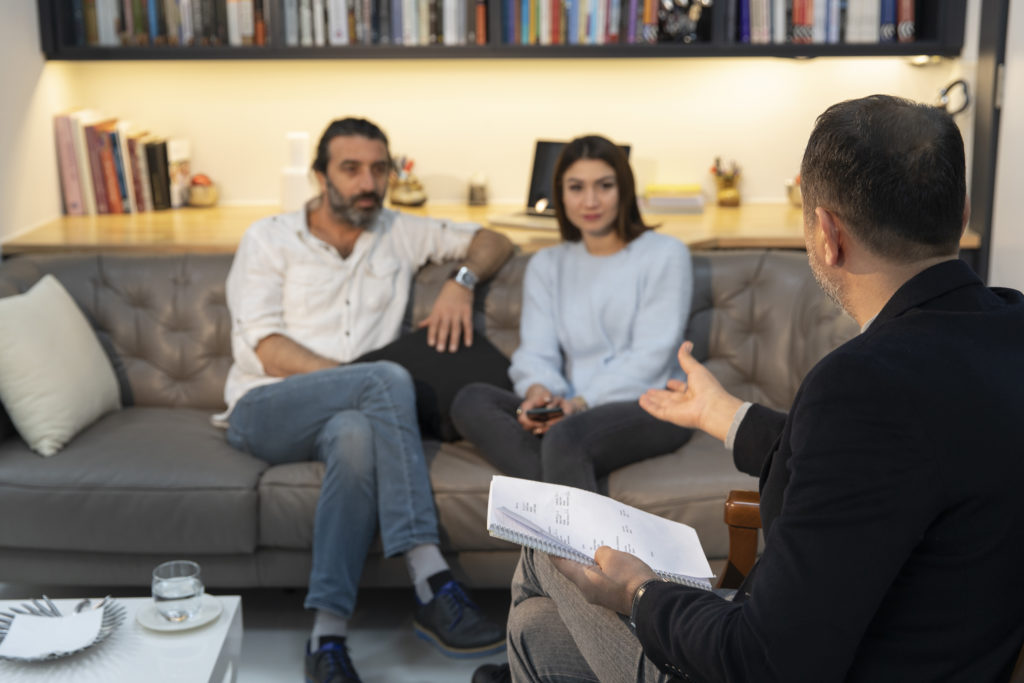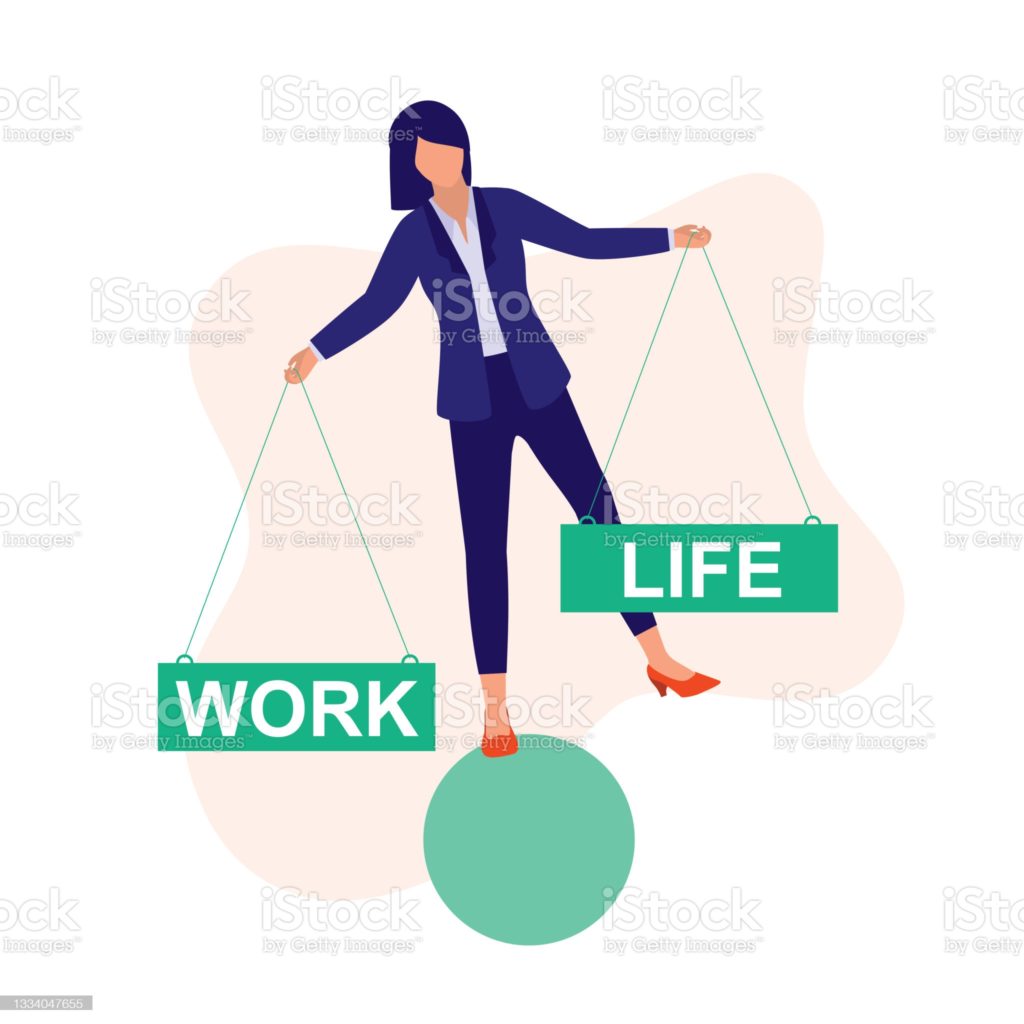How to Identify Signs of a Codependent Relationship

A codependent relationship is defined as any unhealthy relationship between two people where self-worth and individuality are lacking; one individual (the taker) demands something from the other in order to have their needs met, while the other individual (the caretaker) is left to give and “care” for their partner in a way that is unreciprocated.
Is a codependent relationship unhealthy?
The short answer to this question is yes, a codependent relationship by definition is unhealthy. Neither individual seeks the best for their partner because they’re motivated by low self-esteem. The caretaker repeatedly seeks validation and a sense of worth from their partner and therefore gives money, time, energy, etc. to them even if they’re not likely to receive anything in return. Behind this apparent generosity lies an intention of controlling their partner.
This trend is unsustainable; inevitably, bitterness and resentment will begin to build in the heart of the caretaker. Why? Because of a lack of appreciation, and the truth that their “care” for the other isn’t true, selfless care since its motivation comes from an internal desire to feel validated.
On the other hand, the taker also suffers in that they will never be fulfilled by their partner. The result? They might look to other sources in the hopes of fulfillment.
Why do people remain in a codependent relationship?
You might wonder why someone would consider participating in an unhealthy relationship. The truth is, two partners in a codependent relationship might not recognize they’re in one.
For example, a woman who financially provides for a partner with a compulsive spending disorder might not recognize that by giving him money, she’s enabling his disorder; she might view it as what it takes to keep him happy and satisfied in the relationship, and he might make promises to her that he will keep if she provides for him. From inside the situation, she might think that she’s getting all she needs. From the outside, manipulation is obvious.
So why do people remain in codependent relationships?
- Childhood – Many individuals who enter into codependent relationships grew up with an unhealthy family dynamic and therefore, unfortunately, associate love with codependency or even abuse.
- Guilt – Unwilling to avoid conflict or upset the other, people might feel trapped. They would feel exceedingly guilty knowing that by breaking up they would be disappointing their partner.
- Hope – By staying, the partner might hope that over time their partner will change. However, if they continue to enable their partner’s bad habits, change is unlikely.
- Loss of identity – If they put all their identity into their partner and have allowed themselves to be defined by the relationship, losing that relationship could result in loss of self, and a painful process of redefining who they are. This can seem an insurmountable challenge for someone without proper guidance and support.
- Children – If children are part of the equation, leaving a codependent relationship might be a very difficult option. However, it’s always good to consider the needs of the children as well, especially if it is a matter of safety.
Signs of a codependent relationship
If you are concerned about the possibility of a codependent relationship, here are some signs to look for:
- You feel lonely, even when you’re with your partner;
- Being with your partner feels frustrating, stressful or irritating;
- You feel a sense of purpose in going to extremes to satisfy your partner’s needs;
- You are incredibly in tune to your partner’s feelings, but not your own;
- You feel boundaries have been crossed, but don’t know how to reinstate them, or even what clear boundaries would look like;
- You find yourself denying or ignoring problems, preferring to limit conflict at all costs;
- You don’t take responsibility for your own feelings and instead believe them to be a result of your partner’s actions;
- You can’t say no to the demands of your partner;
- Expressing your own needs would feel like a betrayal, as your partner’s needs always come first.
If you find yourself experiencing these or other unhealthy signs, you might be participating in a codependent relationship.
Breaking a codependent relationship
Ending a codependent relationship is not easy, especially if the identities of the partners are so enmeshed that they’re unsure how to live life outside the bonds of the other person. For many, codependency was adopted in one’s youth, so breaking this tendency towards codependency could require the guidance counselor. However, there are steps you can begin to take to remove yourself from an unhealthy situation.
- Check in with yourself and your needs – are you really happy? Are your needs being met? What are your needs?
- Start lifting your confidence by loving yourself, and recognizing that your needs are good and should be met. Take care of yourself first so you can be better at taking care of others second.
- Set healthy boundaries – Speaking with a counselor can give you the tools you need to define a starting point.
- Be open to the possibility of codependency as a flaw in your relationship and perhaps have an open and honest conversation with your partner about it.
Ultimately, you and your partner need to recognize that codependency and love are not synonymous. Enabling your partner’s habits is not a form of love.
Seeking help
There is no shame in admitting that your relationship has been unhealthy. In fact, recognizing signs of a codependent relationship can set you in the right frame of mind to remedy the situation. If you are concerned about codependency in your relationship, consider pursuing counseling services through Mazzitti & Sullivan EAP today by calling 800-543-5080.



